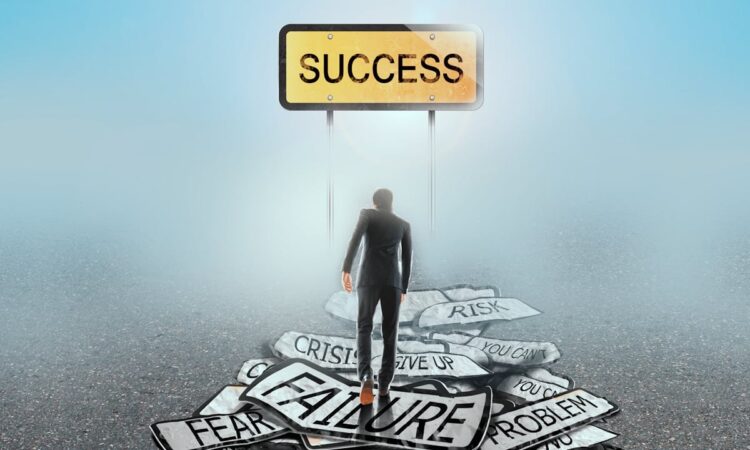
On life’s meandering path, rejection is an unavoidable companion that can take many different forms, such as romantic breakups, creative dismissals, and career losses. These rejections frequently set off a chain reaction of negative feelings that make us feel inadequate, undeserving, and to doubt our own intrinsic worth. It can be painful at first, but it’s important to accept and validate these emotions without letting them become characteristics that define you. Permit yourself to experience the disappointment and mourn the loss, but deliberately fight the impulse to mope about it.
Remember that being rejected is not a unique situation; rather, it is a universal theme that permeates all aspects of human life. By acknowledging this universality, the pain can be lessened and the dread can be kept from growing into a crippling fear that stops future attempts. Reframe rejection as a brief setback, one statistic in a much bigger story, rather than seeing it as a reflection of your intrinsic value. Keep in mind that each “no” gets you one step closer to a “yes.” Embracing rejection as part of the journey is essential if you truly want to Reach Your Potential.
Developing Resilience: The Secret to Recovering
Mental and emotional health are largely dependent on resilience, or the capacity to bounce back quickly from hardship. It’s about building the inner strength to deal with adversity, not about avoiding it. Developing a positive outlook is the first step in a multifaceted strategy to build resilience. You can change your attitude and provide the groundwork for optimism by actively combating pessimistic ideas and concentrating on thankfulness. Creating strong coping strategies is also essential. These can include stress-reduction tactics, emotional control methods, and problem-solving abilities. Processing challenging events requires you to acknowledge and accept your feelings instead of repressing them. It’s also critical to have a strong feeling of self-worth.
Recognize your innate value regardless of your accomplishments or failures. Reviewing past achievements reinforces your potential and enhances your confidence in overcoming future problems. Supportive relationships create a safe space for revealing vulnerabilities and obtaining help, fostering acceptance and understanding. Finally, prioritizing self-care like exercise, mindfulness, or a hobby boosts resilience and emotional reserves.
Acquiring Knowledge and Recovering More Effectively
Every rejection is an opportunity for growth and learning, no matter how painful. Instead than focusing on the negative, honestly assess the situation and identify areas for improvement. Get trusted opinions to gain a new perspective and spot blind spots. Maybe you need to improve your skills, strategies, or methods. Accept learning and use failures to improve. Learning from past failures can help you succeed in the future. Remember that greatness often comes from learning from failure rather than avoiding it. Every setback gives you the chance to improve, strengthen your resolve, and prepare for future challenges.




